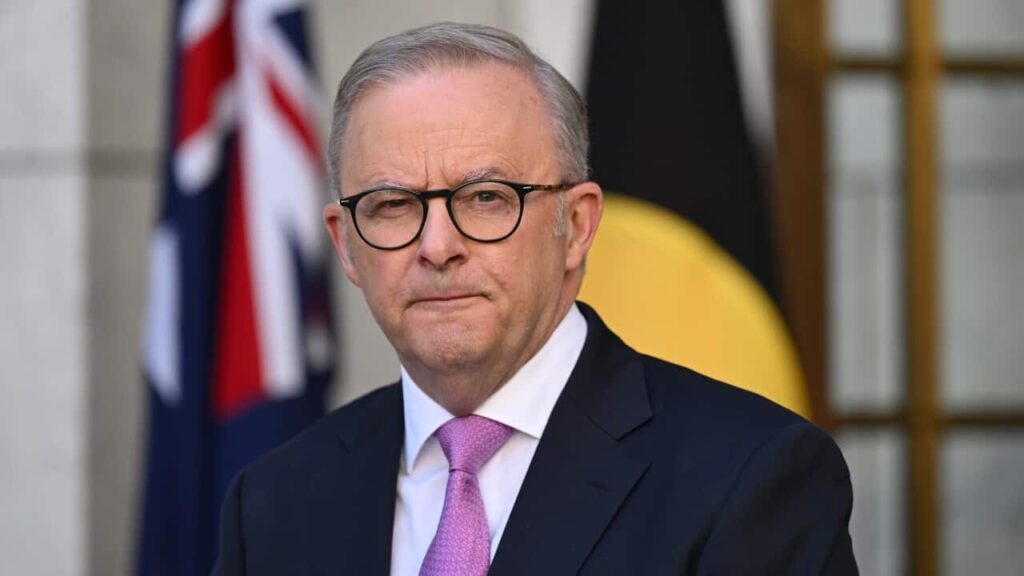The Australian government has introduced a bill to parliament that aims to reduce the student debt of approximately 3 million Australians by 20%, equivalent to about $16 billion.
The legislation, a key election promise, is expected to pass with the support of the Coalition and Greens despite some criticism that it does not address the root causes of student debt.
The bill would wipe 20% off outstanding Higher Education Contribution Scheme (HECS) and Higher Education Loan Program (HELP) debts, which would translate to an average reduction of about $5,500 per debtor.
The minimum repayment threshold would also be raised from $54,000 to $67,000, saving the average debtor around $680 per year.

The education minister, Jason Clare, stated that the bill would provide cost-of-living relief for young Australians, who hold the bulk of student debt.
“It’ll take a lot of weight off the shoulders of a lot of young Australians who are just out of uni … looking to move out of home or save up to get a mortgage,” he said.
The legislation is expected to be debated in parliament over the coming weeks, with the Australian Tax Office to retrospectively apply the one-off 20% reduction to all outstanding debt once it passes.
The debt relief will be calculated based on the debt amount as of 1 June 2025, before the latest round of indexation was applied.
While students have broadly welcomed the changes, some critics argue that the bill does not go far enough in addressing the root causes of student debt, including indexation and the rising cost of degrees.
The Greens have called for all student debt to be wiped and a return to free university and TAFE education, funded by taxing big corporations.
Ashlyn Horton, the president of the National Union of Students, said that cutting debt was a “long overdue move” but that the bill “doesn’t come close to fixing the structural mess that got us here”.
“The core problem remains: students are still paying some of the highest fees in the OECD under a system that punishes them for choosing the ‘wrong’ degree,” she added.
The federal government has also flagged plans to introduce legislation to improve the integrity of the international education system and to permanently establish a new Australian tertiary education commission, which will focus on reforming the pricing of degrees and introducing needs-based funding into higher education.

